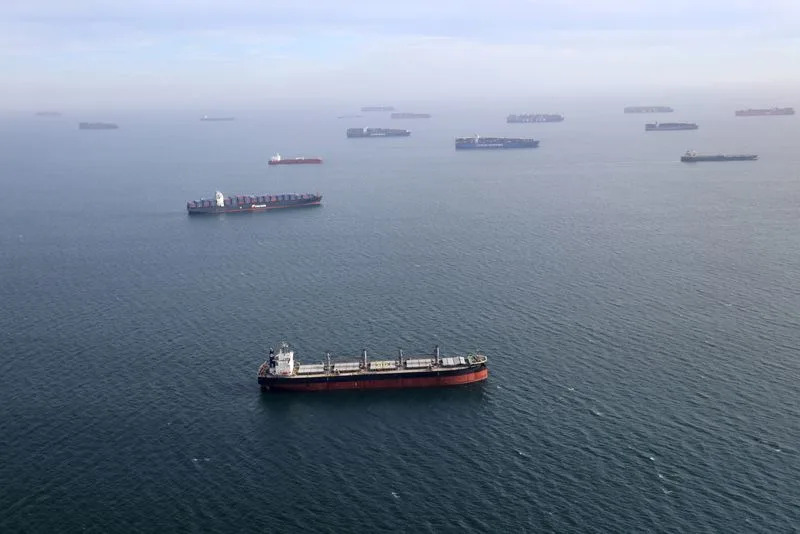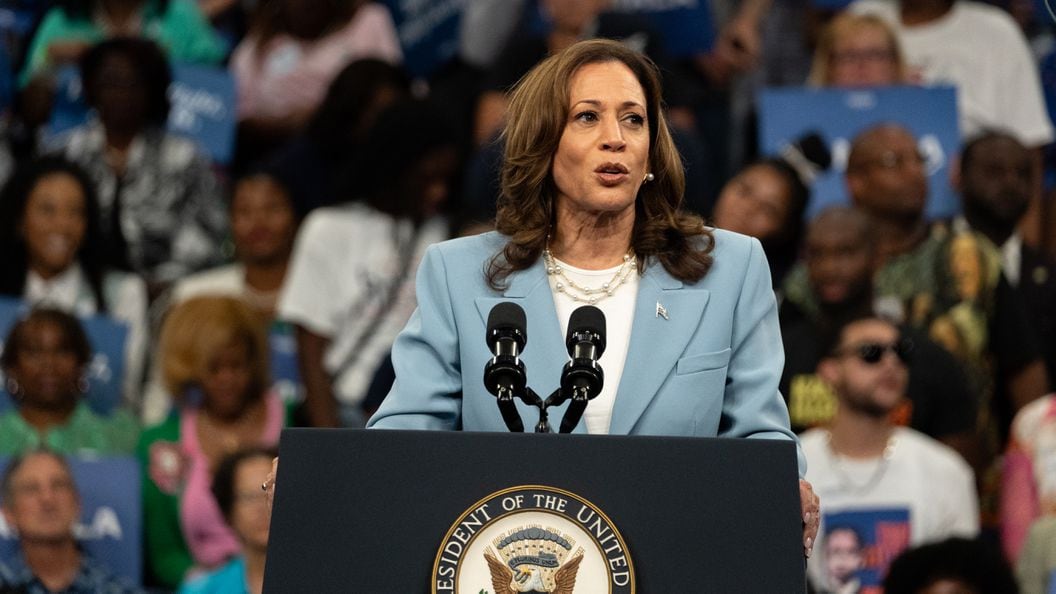(Bloomberg) -- Supply Lines is a daily newsletter that tracks global trade. Sign up here.
A. P. Moller-Maersk A/S, a bellwether for world trade, forecast growth in the global container market as it sees consumer demand defying an intensifying trade war.
The global container market will expand 4% this year, the Copenhagen-based company estimated in a statement on Thursday. That’s after 6% growth last year, Chief Executive Officer Vincent Clerc said in an interview on Bloomberg TV.
“Tariffs are one factor in a more complex equation — there’s interest rates, there’s forex, there’s tax rates — that all go into feeding that consumer sentiment,” the CEO said. The global market will grow “on the back of what we see as very strong consumer sentiment and consumer demand both in the US but also in the rest of the world,” he added.
Maersk also reported fourth-quarter earnings that beat estimates. Its shares advanced as much as 8.8% at 9:23 a.m. in Copenhagen, the most since May.
After a profitable 2024 for shipping lines, the outlook for this year is bleaker with President Donald Trump’s attack on free trade raising concerns about demand. One of the main causes for the unexpectedly big profits for the industry last year was an increase in freight rates sparked by the attacks by Houthis in the Red Sea, which closed the transport lane to many companies.
Maersk’s underlying earnings before interest, tax, depreciation and amortization will be in a range of $6 billion to $9 billion in 2025. That compares with an average analyst estimate of $6.7 billion.
Hitting the low end of the guidance implies a reopening of the Red Sea shipping route by mid-year, Maersk said. If vessels cannot transit there until year-end, the company expects profits to reach the high end of the range.
Midyear “still looks like a fairly ambitious timeline,” Clerc said in the interview, adding that rejigging the network is a “complex process” that the company doesn’t want to do for a short time, only to have to go back to avoiding that route a few months later.
The Red Sea situation “looks very uncertain right now despite the positive steps of having a ceasefire,” the CEO said.
With ships set to return to the Red Sea once the Middle East ceasefire is fully implemented, the shipping industry will again suffer from oversupply, amplified by newbuilt vessels entering the market this year. “That will push rates lower, and revenue and earnings with it,” Bloomberg Intelligence Senior Analyst Lee Klaskow said in a note last month.
Still, Maersk late Wednesday chose to start a share buyback program, worth as much as $2 billion, to spend some of 2024’s windfall profits. The shipping line, which is controlled by the billionaire Maersk family, has a history of generous shareholder returns, even at times when the industry isn’t profitable.
These were some of the other highlights in Maersk’s fourth-quarter report:
--With assistance from Anna Edwards, Kriti Gupta and Guy Johnson.
(Updates with CEO comments from second, shares in fourth paragraph.)





